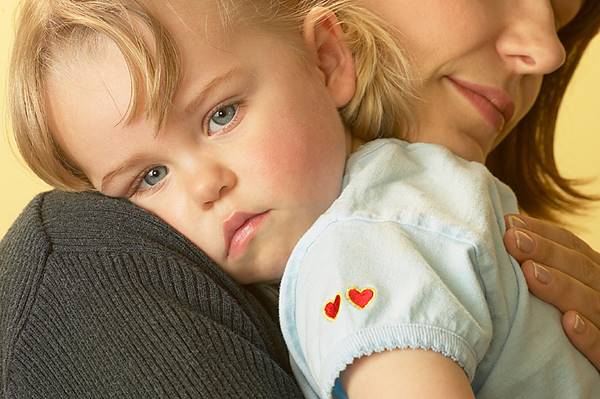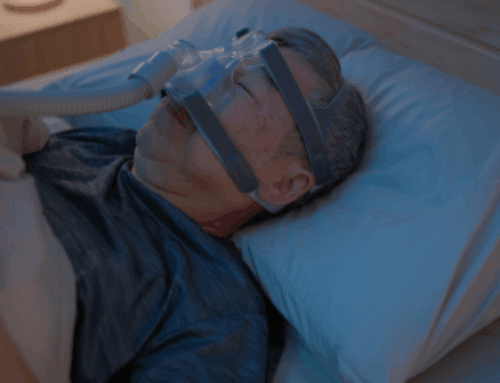DARIEN, IL – A new study suggests that while healthy preterm children have more medical sleep problems than full-term children, they are more likely to fall asleep independently.
Results show that preterm children displayed more medical sleep problems such as nocturnal movement, restlessness during the night and breathing problems, compared with those born at full term. However, a lower degree of behavioral sleep problems were present in preterm children.
“Preterm children needed less support to fall asleep and fell asleep more often alone in their own bed compared to those born at full term,” said principal investigator Dr. Barbara Caravale, a researcher in the Department of Developmental and Social Psychology at Sapienza University in Rome, Italy. “However, preterm children showed more frequent sleep difficulties, such as restlessness and breathing problems during the night.”
Study results are published in the September 15 issue of the Journal of Clinical Sleep Medicine.
The study involved 51 preterm children with normal cognitive, language, and motor development, and 57 full-term children. Their average age was 21 months. Mothers completed a series of questionnaires to assess sleep-related difficulties, sleep habits and child temperament.
The study found no differences between the two groups of children in bedtime, rise time or sleep duration. However, Caravale noted that the sleep problems reported by the parents of preterms may have resulted in sleep disruption, which could help explain significant differences in attention and emotionality.
“We observed a link between sleep pattern and temperament in preterm children,” said Caravale. “Our study found that sleep problems were related to increased negative emotionality and decreased attention.”
According to the authors, these results are consistent with previous studies demonstrating that children born preterm are at risk of attention and learning problems as well as emotional difficulties. For this reason, it is important that pediatricians screen for sleep problems more rigorously in preterm children, especially with respect to sleep-related breathing disorders such as obstructive sleep apnea and sleep-related movement disorders.
For a copy of the study, “Sleep Characteristics and Temperament in Preterm Children at Two Years of Age,” or to arrange an interview with the study author or an AASM spokesperson, please contact AASM Communications Coordinator Corinne Lederhouse at 630-737-9700, ext. 9366, or clederhouse@aasm.org.
The monthly, peer-reviewed Journal of Clinical Sleep Medicine is the official publication of the American Academy of Sleep Medicine, a professional membership society that improves sleep health and promotes high quality, patient-centered care through advocacy, education, strategic research, and practice standards. The AASM encourages patients to talk to their doctor about sleep problems and visit www.sleepeducation.org for more information about sleep, including a searchable directory of AASM-accredited sleep centers.





